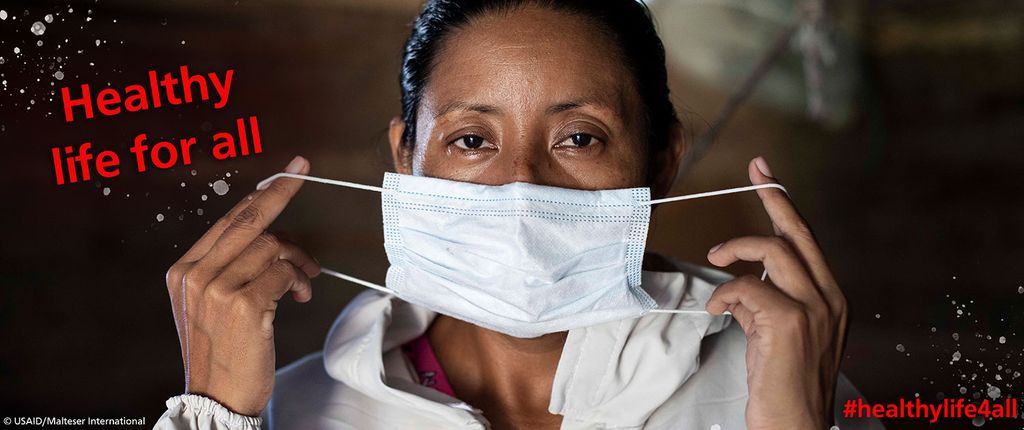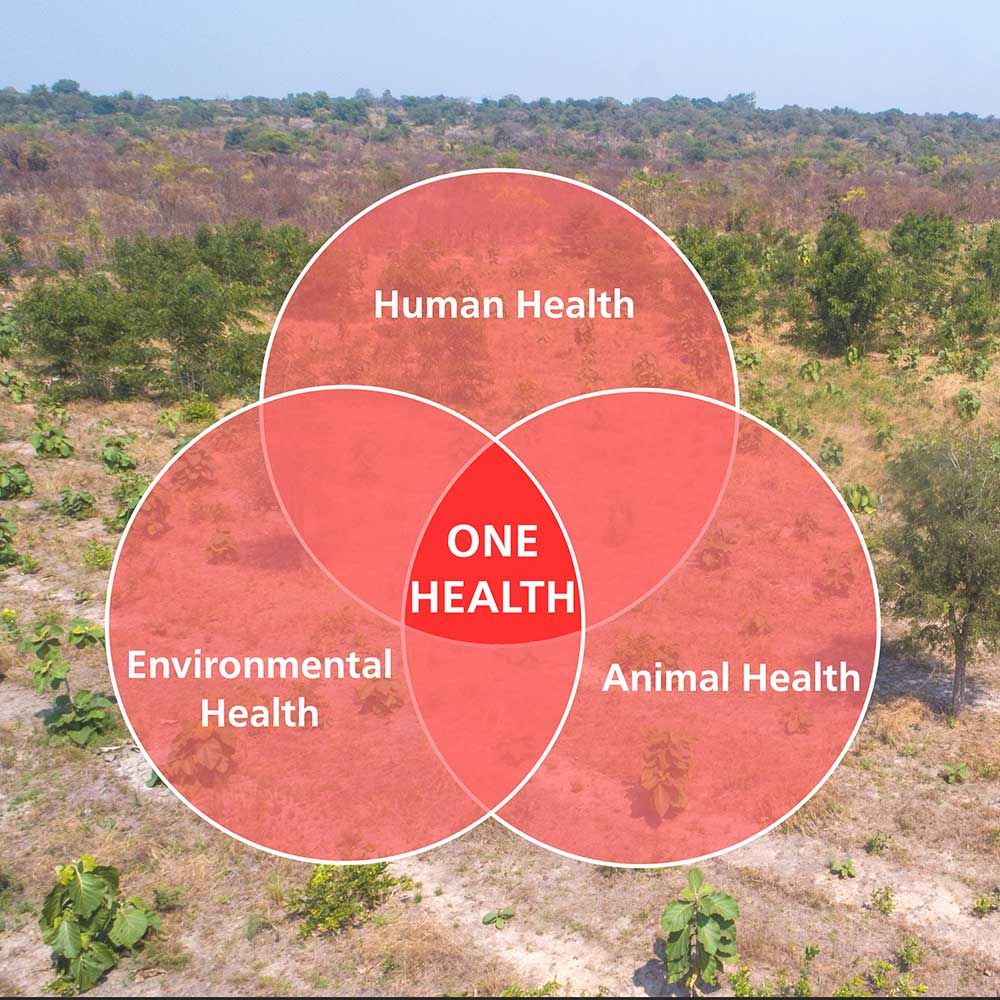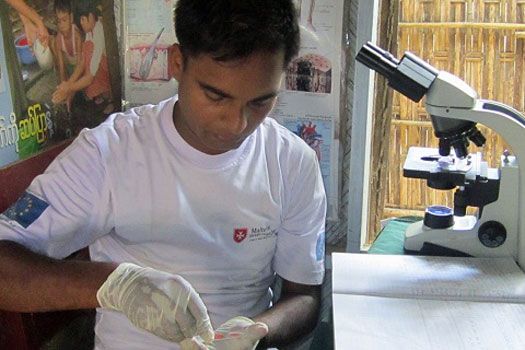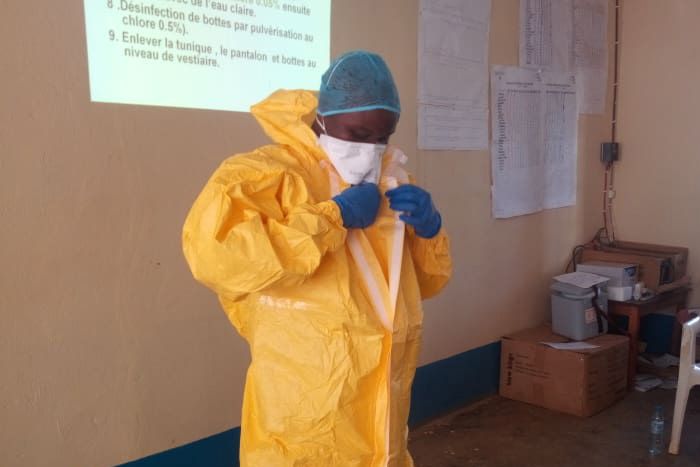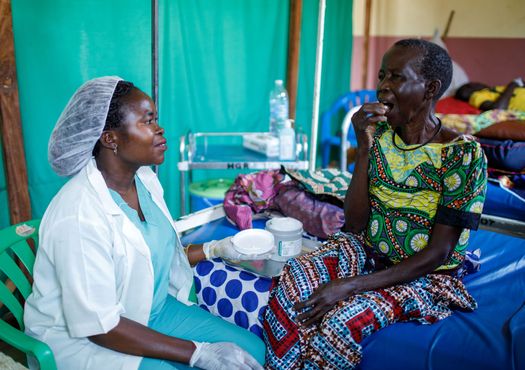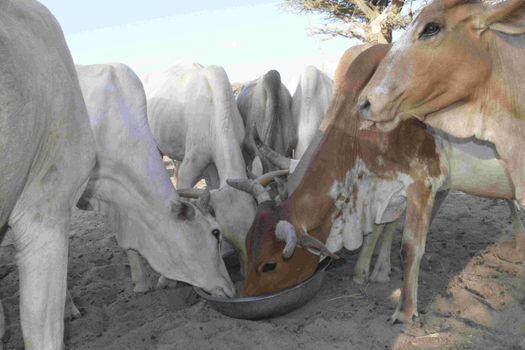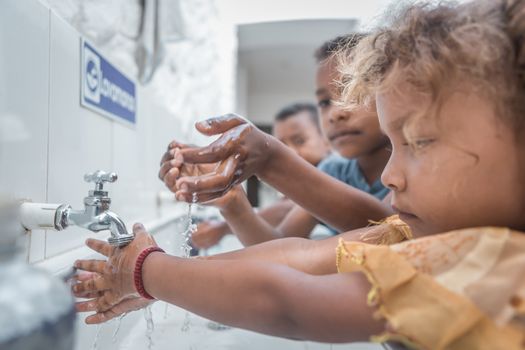The One Health approach describes the goal of improving global health, minimising health risks and taking a holistic approach to the interaction between human, animal and environmental health. Global health has become the focus of increased interest in recent years, particularly due to the occurrence of the COVID-19 pandemic. The SARS-CoV-2 virus, which is the cause of the COVID-19 infection, is a zoonosis, which has helped make the public more aware of the importance of a broader definition of health.
Zoonoses are diseases that can be transmitted directly or indirectly between animals and humans. This can sometimes also lead to further human-to-human transmission. Many infectious diseases such as Malaria or Ebola are zoonoses. Theirfrequency continues to increase. Already, 75 per cent of newly emerging infectious diseases can be traced back to origins in the animal kingdom. In addition, intensified livestock farming, and the use of antibiotics connected with it are increasing the risk of multi-resistant germs developing, which can also become a danger to humans.
To address this concern, Malteser International is committed to implementing One Health projects in particularly vulnerable areas such as the DR Congo. Within the framework of the One Health approach, we want to achieve an improvement in health care and epidemic prevention. To achieve this, we work closely with various sectors on the ground, such as health care, research, agriculture, veterinary medicine, and hygiene actors and create exchange platforms for representatives of these sectors.

